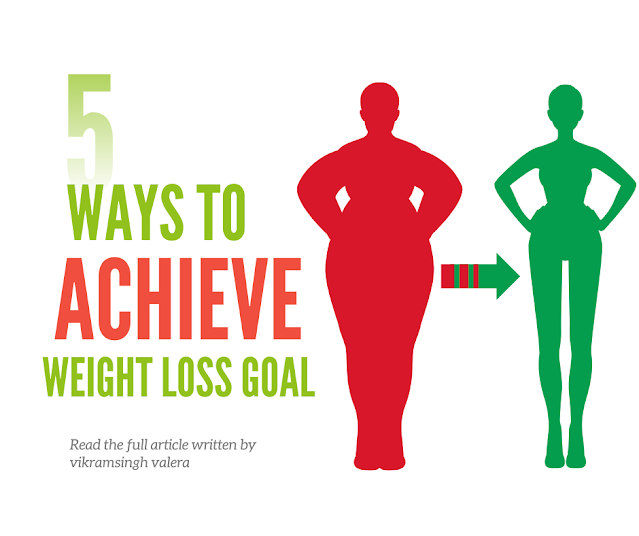Weight loss is a common goal for many people, and there are many ways to achieve it.
Some popular methods include:
1. Eating a healthy, balanced diet that is low in calories and high in protein, fruits, and vegetables.
2. Increasing physical activity through regular exercise or an active lifestyle.
3. Tracking progress by measuring weight and body composition.
4. Setting realistic goals and creating a plan to achieve them.
5. Staying motivated and accountable through support from friends, family, or a professional.
It is important to consult a healthcare professional before starting a weight loss program, especially if you have any underlying health conditions. Additionally, losing weight too quickly or through extreme methods can be dangerous and should be avoided.
Ultimately, the key to successful weight loss is making sustainable lifestyle changes that include healthy eating habits, regular physical activity, and a positive mindset.
FAQs
1. How quickly can I expect to see results with these weight loss strategies?
- While individual results may vary, it's generally recommended to aim for a gradual weight loss of 1-2 KG per week. Consistency and adherence to a balanced diet and exercise routine are key for sustainable results.
2. Is it necessary to follow a specific diet plan to achieve weight loss?
- Following a specific diet plan can be helpful, but it's not always necessary. The focus should be on adopting a balanced and nutritious diet that suits your preferences and needs. Consult a healthcare professional or a registered dietitian for personalized guidance.
3. Can I lose weight without exercising?
- While it's possible to lose weight through dietary changes alone, incorporating regular exercise has numerous benefits. Exercise helps burn calories, build muscle, boost metabolism, and improve overall health. Combining both diet and exercise yields the best results.
4. Should I completely eliminate certain food groups for weight loss?
- Generally, it's not recommended to completely eliminate entire food groups unless you have specific dietary restrictions or allergies. A balanced diet should include a variety of foods from all food groups. Portion control and making healthier choices within each food group is a more sustainable approach.
5. How can I overcome cravings and emotional eating?
- Cravings and emotional eating can be challenging, but there are strategies to manage them. It's helpful to identify triggers, find alternative activities to cope with emotions, practice mindful eating, and have a support system in place. Consulting a therapist or counselor can also be beneficial.
6. Can I use supplements or weight loss pills to accelerate my progress?
- While there are many weight loss supplements and pills available in the market, their effectiveness and safety vary. It's important to consult a healthcare professional before using any supplements, as they can have side effects and may not provide sustainable weight loss results.
7. How do I maintain my weight loss once I've reached my goal?
- Weight maintenance is crucial after achieving your weight loss goals. It involves sustaining healthy habits, such as maintaining a balanced diet, regular exercise, managing stress levels, getting adequate sleep, and monitoring your progress. Continual self-awareness and making long-term lifestyle changes are key to maintaining your weight loss.
Remember, if you have specific health concerns or medical conditions, it's always advisable to consult with a healthcare professional or a registered dietitian before making any significant changes to your diet or exercise routine.














![Herbalife Afresh के फायदे, Herbalife Energy Drink Afresh Benefits in Hindi [ Quick & Hidden Info. ] 2025](https://blogger.googleusercontent.com/img/b/R29vZ2xl/AVvXsEhf4kesg1PtKwAQU8gYb2LnpzvYNl-lXq26YelqxU_XfUjo3G01uNPFxrf0tDLNERahMYAy2Y_4im7RTXvTb9vBDcbkqNsvZSoB-XQPoyw8Oq3Fp6m5gwx5araL8cDvbXYUsUqO3ikkGkZjlBQfa_wiOl2Cij3XNBfG9lP6S_WPTjWWcL3ZMVrIOaPE/w100/Black%20White%20Neutral%20Elegant%20Skin%20Care%20Cosmetic%20New%20Product%20Podium%20(Facebook%20Post%20(Landscape)).png)
).png)


0 Comments